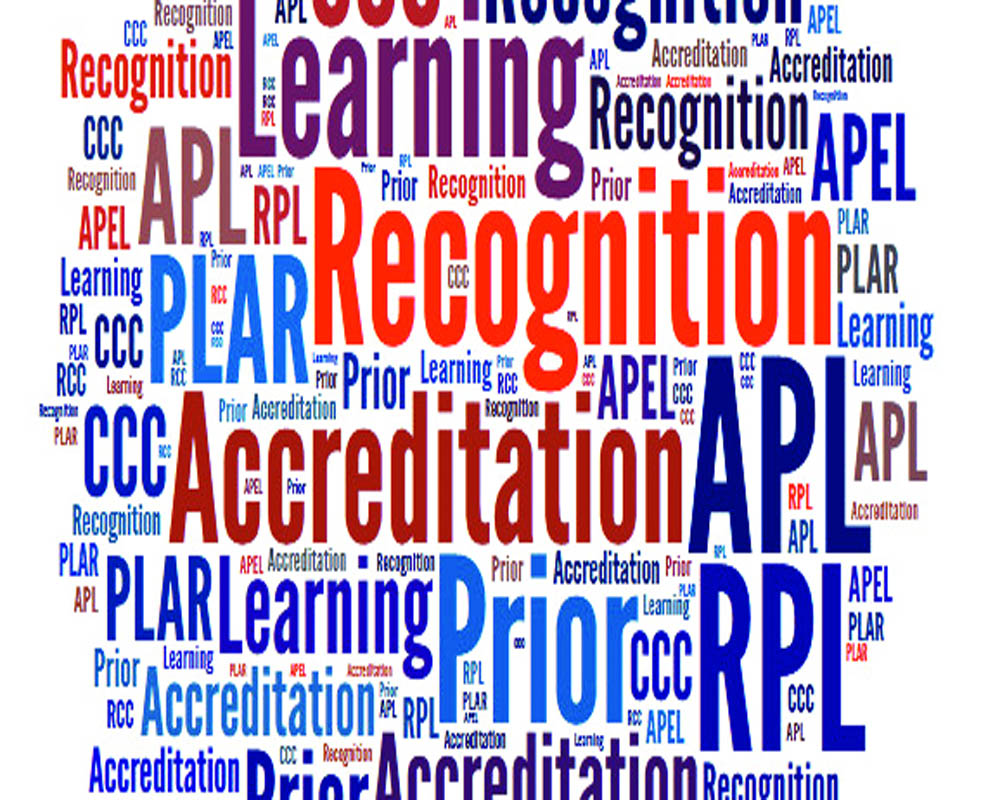It can help design engagement strategies that will boost employee motivation & productivity
It is not surprising to know that millions of people who could not pursue a higher or professional education, enter the unorganized sector and start working. The majority of gig workers have experience and skills. They wish to have a degree or a diploma to facilitate their progress and growth for a more rewarding future. They don’t have any certification of their skills except the fact that they are attached to different unorganized sectors and that is their certification only. In 2014 as a part of PMKVY, a novel scheme – Recognition of Prior Learning (RPL) – was floated by the Central government for certifying the skills acquired by workers in the unorganised sectors through traditional, non-formal learning channels, makes immense sense, especially in a country where just two per cent of the workforce is certified as skilled.
After eight years of the rollout, the RPL has run into some headwinds, with several selected trainees leaving midway through the certification process, a trend that has forced the implementation agencies to attempt a course correction. It aimed to align the competencies of the unregulated workforce of the country to the standardized National Skills Qualification Framework (NSQF), which was oriented under the RPL but nothing significant could be achieved for a set of varied reasons.
In tune with the RPL, we need to have in place a mechanism that is not only capable of skilling, reskilling and upskilling youth to deal with gaps regarding skills and competencies but also be in demand. However, our dream to reap the benefits of skilled human capital will come a cropper if we are not able to ensure the skills gained even informally are recognized and certified. Most of them are from poorer sections of society. We will be doing a great favour to ourselves if we do add value to their skills acquired through sheer hard work and perseverance.
As the India Skills Report-2022 also indicates that experienced candidates have higher demand in the job market, the RPL process can help such persons acquire a formal qualification that matches their knowledge and skills, and thus contribute to improving their employability, earn-ability, mobility, lifelong learning, social inclusion and self-esteem, consequently adding to the economic progress of the nation.
In 2020, a pilot survey was conducted to understand the awareness, advantages, and adoption of RPL in higher education in Haryana. The survey reveals that only 29 per cent of industry experts were aware of RPL and 71 per cent did not know about RPL or were partially aware of RPL. However, in the case of academic leader respondents, 55 per cent was aware of the RPL.
An important challenge that needs to be addressed is to develop a mechanism of identifying where the skills exist and how the same can be documented and communicated with the eligible desirable candidates. There is a need to develop methods of creating the potential individuals' portfolios, reviewing them and also methods to assess them through written and oral assessments including demonstration. The information campaigns, counselling and guidance are key to the success of RPL in higher education.
The intervention of the government to make more effective execution of RPL policy and practices for higher education that explicitly address to remove the challenges and roadblocks in the path of work-based learning is required. The approach requires commitment from Academics and Industry without which it will be difficult to make this policy successful. Higher education institutions need to create a wing for RPL that defines the comprehensive assessment framework and credit allotment methodology. On the other hand, industries can support by modifying recruitment guidelines to accommodate new programs/qualifications in their recruitment and promotional guidelines besides working with educational institutions in developing effective assessment methodologies for RPL.
(The writer is a Co-Founder and MD of Orane International, a Training Partner with the National Skill Development Corporation (NSDC)



























